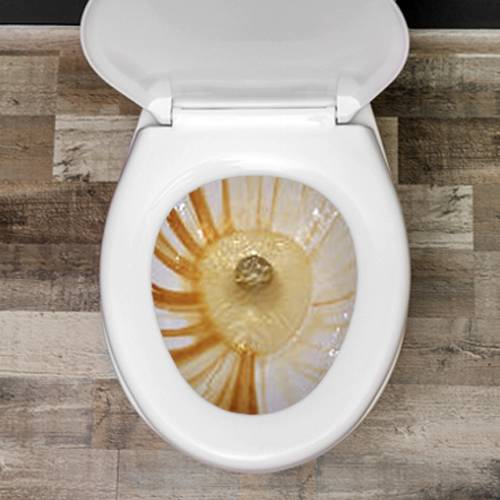
Effects of Iron & Manganese in Your Water
Does Your Water Taste or Smell Like Metal?
Iron deposits create a metallic taste which can ruin your tap water as well as affecting the flavor and appearance of your food.
Certain vegetables that come into contact with ferrous iron can become discolored and taste unpleasant.
Beverages that are made using iron-dissolved water will taste bitter or unappealing, such as coffee and tea.

What Causes a Metallic Taste in Drinking Water?
• A metallic taste or smell in drinking water is often caused by pipes, or the presence of minerals in the water, like iron, copper or manganese.
• Many newer homes report metallic-tasting water, which is usually due to the pipes not yet being coated with lime precipitate.
• Property owners with wells may taste or smell metal more often than those who receive city water.

How to Treat Magnesium and Iron in Drinking Water
A water filtration system can help remove unwanted iron from your water supply and easily remove metallic tastes and odors. In more severe cases, older pipes may need to be replaced, or your system may need to be flushed.
A water test will determine the level of iron in your water, as well as any other problems that may be present. If you are experiencing any of these issues, we can offer a variety of solutions to fit your needs.
What Is an Acceptable Iron Level in Drinking Water?
In many cases where iron is found, manganese is also present. While low levels of manganese are safe for human health, elevated manganese levels are toxic and a health risk for human consumption.
If you would like to learn more about the quality of your water, contact us or request a quote today! Sign up for our free in-home water test today.
Facts About Iron and Manganese:
- Manganese (Mn) is sometimes found in groundwater usually in combination with iron.
- Iron (Fe) in water is present in two forms: Soluble Ferrous Iron or Insoluble Ferric Iron.
- Drinking water standards set by the EPA for iron is 0.3 mg/l and for manganese is 0.5 mg/l.
- Manganese that’s dissolved in well water gives the water a black tint.
- Low levels of iron are not harmful, but excessive amounts can cause stomach and digestive problems.
- Iron doesn’t blend well with soap which can make it difficult to wash off soap residue causing skin irritation. This can lead to damaged cells with early signs of aging, such as wrinkles.
- Iron is known for the orange and brown stains which are caused when ferrous iron is exposed to oxygen. These unsightly stains can be seen in toilets, bathtubs, showers, sinks, dishwashers, and washing machines.
- Manganese leaves a brownish-black stain on laundry, plumbing and fixtures.
- Iron can cause corrosion to plumbing fixtures, and leave behind deposits on the inside of pipes. When these deposits break loose, then rust will enter the water stream.



